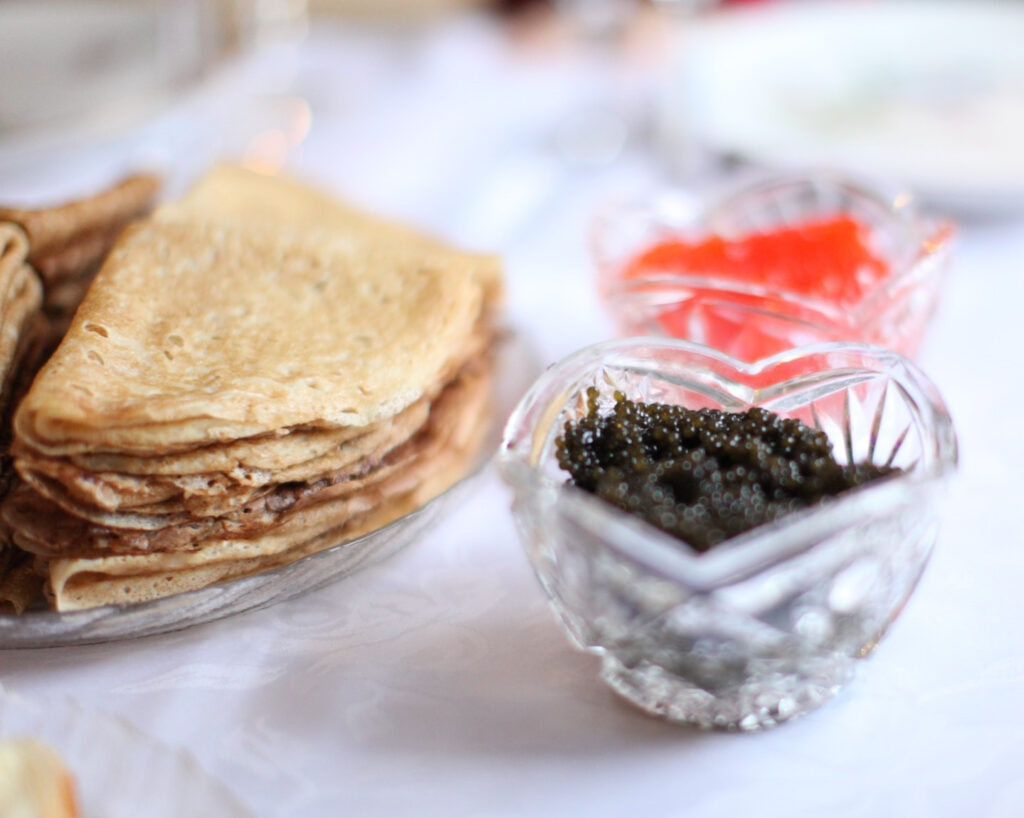Mickey Spillane? Hy Gardner? Frank Smikel? Apocryphal?

Question for Quote Investigator: Popular writers endure a litany of complaints directed at their prose, e.g., mediocre, clumsy, crude, uninteresting, and undemanding. A bestselling writer once employed a clever analogy to explain this antagonism.
The writer contended that literary darlings were trying to market caviar, whereas popular writers were peddling salted peanuts. Jealousy occurred because the latter always pleased the crowd more than the former. Would you help me to find a citation?
Reply from Quote Investigator: In 1961 syndicated columnist Hy Gardner of the “New York Herald Tribune” interviewed top-selling U.S. crime novelist Mickey Spillane who was best known for creating the hard-boiled detective character Mike Hammer. Gardner asked Spillane about the prominent author Ernest Hemingway who had died recently:1
We wondered if Spillane and Hemingway had ever met face-to-face. “No, I never met Hemingway. And from the nasty cracks he was quoted as making about me I doubt if either of us missed anything.”
Spillane commented on the barbs aimed at him by fellow authors. Boldface added to excerpts by QI:
“Funny thing. Those big-shot writers—pardon me, authors—never could understand why the Mike Hammer books outsold their works. They could never dig the fact that there are more salted peanuts consumed than caviar.
Below are additional selected citations in chronological order.
In 1962 newspaper writer Frank Smikel of Madison, Indiana received credit for an expression about his hometown which contrasted the consumption of peanuts versus caviar canapes:2
… the little, historic, old, proud Indiana town, Madison. “A good town. A town where more beer is consumed than champagne, more peanuts eaten than caviar canapes, but a town where people aren’t afraid to be seen in shirt-sleeves, say hello to a neighbor, go to church, yell themselves hoarse at a basketball game or work hard.”
In 1964 “Contemporary Quotations” compiled by James B. Simpson contained the following entry:3
Those big-shot writers . . . could never dig the fact that there are more salted peanuts consumed than caviar.
Mickey Spillane, on popularity of mystery books, New York Herald Tribune, Aug. 18, 1961.
In December 1964 “Newsday” of Long Island, New York printed the quotation within its ongoing column called “Quote…Unquote”. The ellipsis was removed; hence, the quotation was slightly inaccurate:4
“Those big-shot writers could never dig the fact that there are more salted peanuts consumed than caviar.”
— Author Mickey Spillane.
In 1980 the remark ascribed to Spillane appeared in “The Writer’s Quotation Book” edited by James Charlton. The text matched that given in “Contemporary Quotations”.5
In 1981 the “Los Angeles Times” of California published a piece about “The Writer’s Quotation Book” and reprinted several items from the book including these three examples:6
“A best-seller is the gilded tomb of a mediocre talent.” — Logan Pearsall Smith
“If writers were good businessmen, they’d have too much sense to be writers.”
— Irvin S. Cobb“Those big-shot writers. . . could never dig the fact that there are more salted peanuts consumed than caviar.” — Mickey Spillane
In 1998 the quotation continued to circulate when it appeared in “The Penguin Thesaurus of Quotations” edited by M. J. Cohen:7
Those big-shot writers . . . could never dig the fact that there are more salted peanuts consumed than caviar. [Mickey Spillane. 1918- ; in Writer’s Quotation Book, ed. James Charlton]
In conclusion, Mickey Spillane deserves credit for the comments he made to Hy Gardner in 1961. Spillane’s quotation has been streamlined during the ensuing decades.
Image Notes: Black and red caviar from Olga Pukhalskaya at Unsplash. The image has been cropped.
Acknowledgement: Thanks to James Scott Bell who mentioned this quotation in his course “How to Write Best-Selling Fiction” within lesson number 3 titled “Developing Ideas”. Bell’s work is part of “The Great Courses” from The Teaching Company. This mention inspired QI to formulate this question and perform this exploration. Thanks to Gary K. McCormick who mentioned the inadvisability of serving caviar with a metallic utensil which led to a change of the picture accompanying the article.
Update History: On May 8, 2024 the format of the bibliographical notes was updated. Also, the full article was placed on this website.
- 1961 August 18, New York Herald Tribune, Hy Gardner Calling: The Case of Hemingway Vs. Spillane, Quote Page 6, Column 4, New York. (ProQuest) ↩︎
- 1962 July 25, The Tipton Daily Tribune, Madison, Ind., Hydroplane Regatta September 1, 2 Attracts Wide interest, Quote Page 5, Column 6, Tipton, Indiana. (Newspapers_com) ↩︎
- 1964, Contemporary Quotations, Compiled by James B. Simpson, Chapter: Authors, Quote Page 363, Thomas Y. Crowell Company, New York. (Verified with scans) ↩︎
- 1964 December 28, Newsday, Quote…Unquote, Quote Page 53, Column 1, Long Island, New York. (Newspapers_com) ↩︎
- 1980, The Writer’s Quotation Book, Edited by James Charlton, Quote Page 29, [Third printing August 1981: Gift copy from Blackwell North America], Pushcart Press, Yonkers, New York. (Verified on paper) ↩︎
- 1981 January 2, Los Angeles Times, Of Reading, Writing and Hickory Sticks by Wayne Warga (Times Assistant Arts Editor), Section 4, Quote Page 13, Column 3, Los Angeles, California. (ProQuest) ↩︎
- 1998, The Penguin Thesaurus of Quotations, Edited by M. J. Cohen, Topic: Writers in general, Quote Page 583 and 584, Penguin Books, London and New York. (Verified with scans) ↩︎